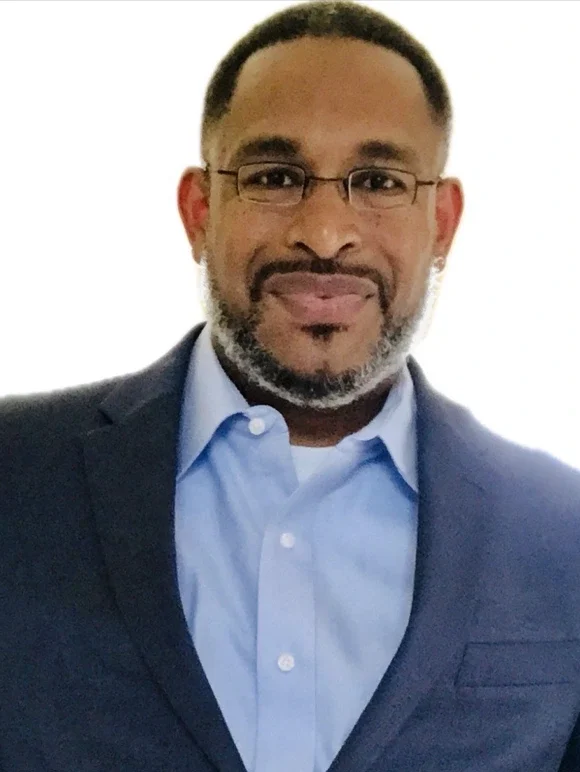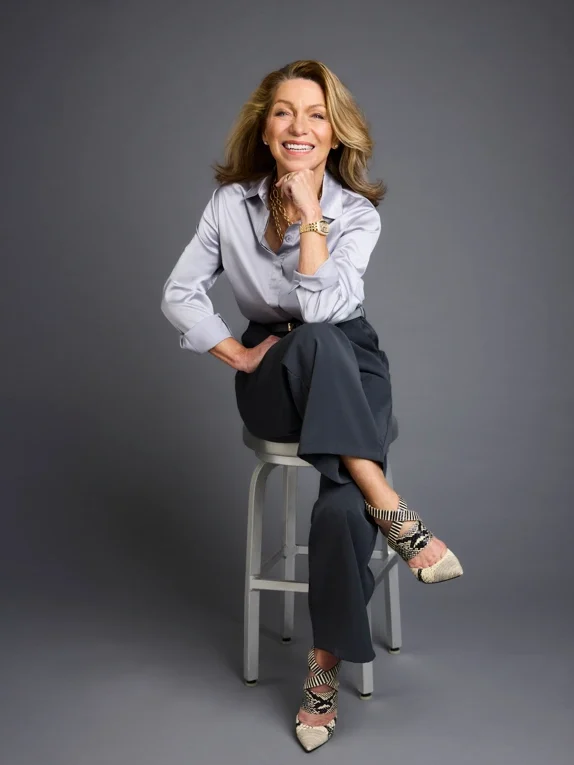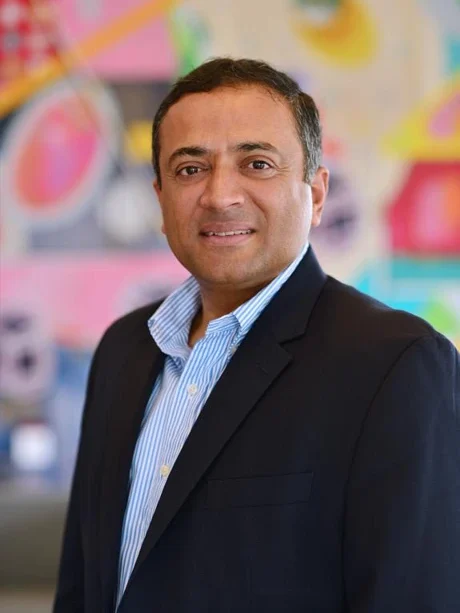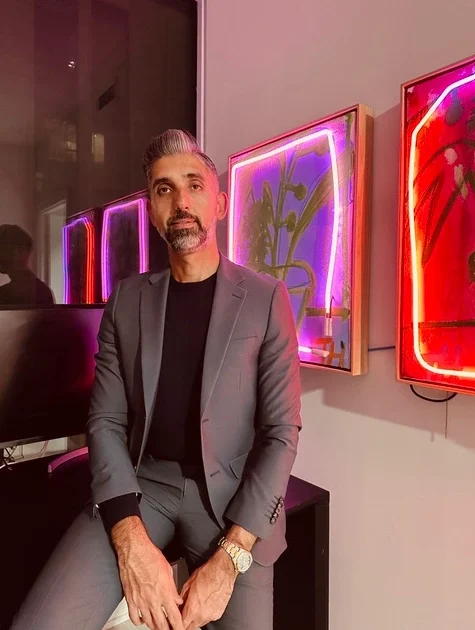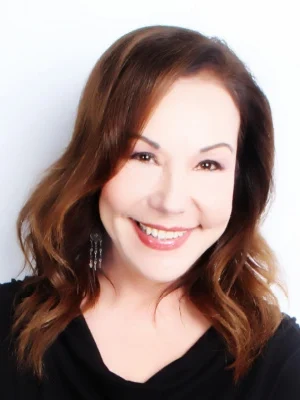Charles Tyler
Charles Tyler CEO of the Tyler Enterprises Charles Tyler: Building Trust, Clarity, and Confidence in Emerging Technology Charles Tyler’s leadership journey does not fit neatly into one industry or role. As CEO of Tyler Enterprises and the Founder, Creator, and Chief Trust Officer of The Coin Nerd™, Digital Performance Mindset Coaching™, and The Eight Pillars of Trust™ Framework for Blockchain, Crypto, and AI™, his work reflects decades of service, learning, and steady leadership. With experience spanning education, public service, luxury branding, and emerging technology, Tyler has built a reputation for guiding people through complexity with calm, clarity, and trust. His story is rooted in discipline, purpose, and a belief that leadership should help people grow into their best selves. Q: Let’s start with your journey. How did it begin, and what led you to where you are today? A: My journey began long before titles or certifications. It started at Cleveland Naval Academy High School, where I learned discipline and service while serving as a platoon and company commander. Those early leadership roles taught me that leadership is about supporting people, not standing above them. College at Miles College expanded that foundation. I served as class president multiple times and later as SGA President, along with being selected as a White House intern and an FBI Honors Intern. I received several academic and leadership awards that helped shape my confidence and sharpen my sense of purpose. A major influence was also my mother, whose work as a cultural preservationist and educator showed me that leadership is service, not performance. Over time, my path moved through education, public service, luxury branding, crypto, blockchain, and AI. Every chapter pushed me toward the same mission: help people elevate, trust themselves, and grow with confidence. Q: What motivated you to keep moving forward, and which values guide your leadership today? A: What pushed me forward has always been faith, responsibility, and a genuine love for people. I spent more than twenty-five years as an educator, and watching people discover their confidence never stopped motivating me. Helping others see what they cannot yet see in themselves has always been my purpose. The values I lead with are integrity, consistency, service, and peace. These values keep me grounded and help me create environments where people feel respected, encouraged, and challenged to grow. Q: Was there a defining challenge that shaped who you are as a leader? A: One defining moment came during a season when I struggled to afford basic necessities while holding leadership roles. It was humbling and difficult, but it forced me to decide whether hardship would break me or build me. I chose to stay focused on purpose instead of circumstance. That season taught me resilience, empathy, and emotional discipline. It also shaped my work in mental performance, helping me understand how important it is to protect your mindset and stay steady under pressure. Q: How do you encourage innovation and collaboration within your teams? A: Innovation grows in environments where people feel safe and valued. I focus on clarity around goals and open communication. When people understand the mission and feel heard, they contribute more freely. My background in education, agile leadership, and mental performance taught me that mindset matters. When people manage stress and stay focused, creativity opens naturally. I also lead with humility and remind teams that collaboration works best when everyone feels confident sharing ideas. Q: What traits separate top-performing leaders from the rest? A: Top-performing leaders listen before they act, stay grounded under pressure, and communicate clearly. They lead with empathy and hold themselves accountable. I also believe continuous learning separates strong leaders from the rest. Leaders who stay curious remain relevant. Discipline, emotional control, and respect for people consistently define leadership that lasts. Q: How have mentorship and learning shaped your leadership journey? A: Mentorship shaped every stage of my life. From early leadership training to public service and corporate roles, mentors refined my thinking and expanded my vision. Their guidance taught me professionalism, patience, and accountability. I encourage mentorship by making learning part of the culture, modeling it myself, and creating opportunities for others to lead, reflect, and grow. Mentorship builds confidence and prepares people to step forward with clarity. Q: How do you keep organizations aligned and agile as markets continue to change? A: Alignment starts with clarity. People need to understand the purpose behind their work. Agility comes from mindset. When teams communicate openly and stay mentally flexible, they adapt faster. Continuous learning also plays a key role. When leaders keep learning, teams follow, and organizations stay strong through change. Q: What advice would you give to emerging leaders who want to make a real impact? A: It Start with character. Leadership begins long before recognition. Protect your mindset, stay committed to learning, and treat people with respect. Growth takes time, and meaningful impact comes from patience, integrity, and consistency. Leadership is something you develop, not something you chase. Q: Looking ahead, what excites you most about the future? A: I am excited about how education, technology, and human development are coming together. People want clarity, trust, and leadership that feels steady and honest. That aligns perfectly with the work I have spent my life building. The future allows me to bring everything I have learned together to help people understand emerging technology without fear and grow with confidence. Charles Tyler’s journey reflects a lifetime shaped by discipline, service, and learning. Across education, public service, luxury branding, and emerging technology, his leadership remains anchored in trust and clarity. As industries continue to evolve, he stands as a steady guide, reminding leaders that progress is strongest when people feel confident, supported, and seen. His work continues to shape a future where technology and human growth move forward together, grounded in purpose and led with heart.

